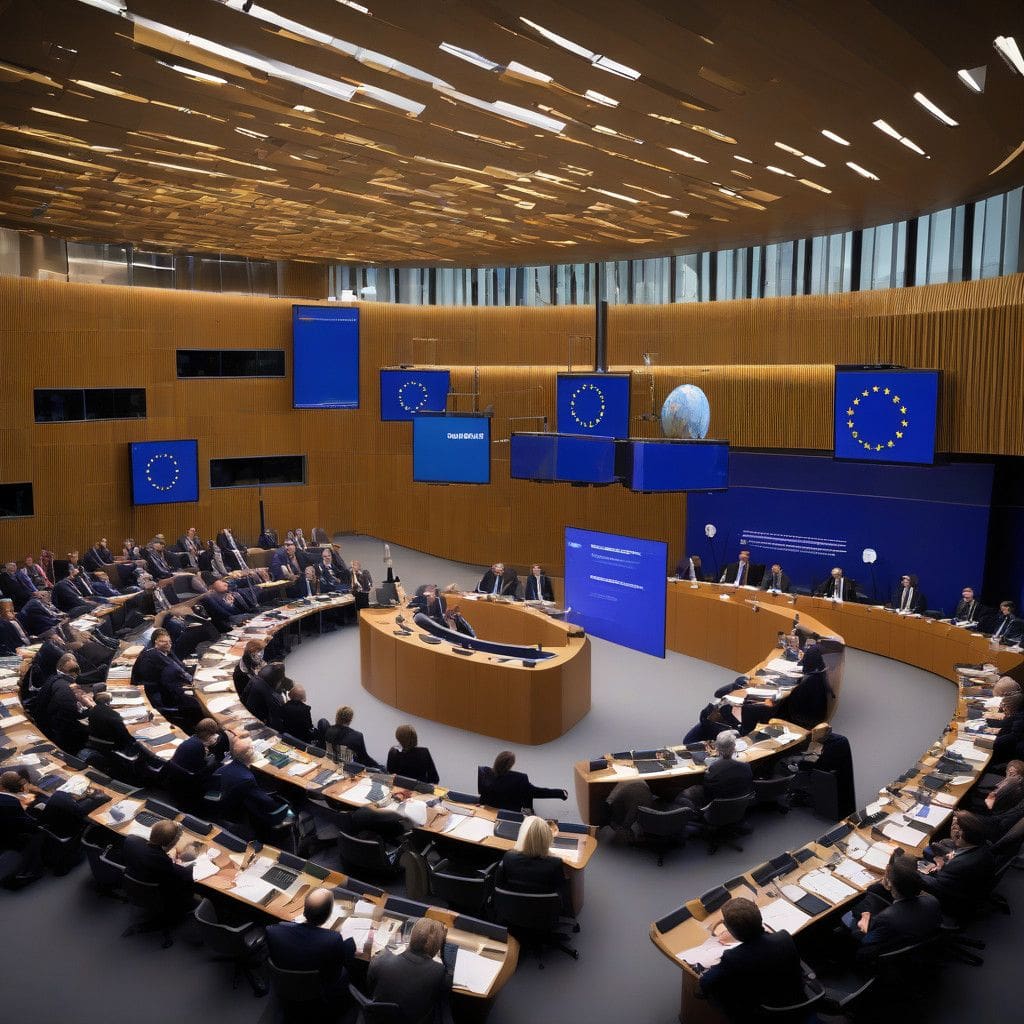In a significant move, members of the European Parliament (MEPs) are set to discuss the reinstatement of access for Amazon lobbyists, whose privileges were revoked earlier this year. This decision comes against the backdrop of heated debates over labor practices within the tech giant, particularly concerning working conditions in its warehouses across Europe.
In February 2024, the Employment Committee (EMPL) stripped 14 lobbyists of their access badges after Amazon failed to respond to invitations to discuss its work environment. The decision was heavily influenced by widespread concerns expressed by over 30 trade unions, accusing Amazon of flouting EU labor laws and undermining democratic processes. Unions have been vocal in their criticism, highlighting the company’s unwillingness to engage in meaningful dialogue regarding its labor practices.
The issue at hand is not merely a matter of access; it strikes at the core of corporate accountability and transparency. With Amazon’s influence in the EU, the implications of allowing lobbyists back into the parliamentary fold raise important questions about the balance of power between multinational corporations and legislative oversight.
In a recent letter to the EMPL, Amazon’s Director of EU Public Policy suggested a renewed willingness to cooperate, inviting lawmakers to visit its facilities. This gesture is seen by many as a strategic effort to regain favor while addressing the mounting pressure from labor advocacy groups. That said, trade unions are adamant that their access should only be restored under specific conditions: Amazon must attend a hearing and facilitate committee visits to its warehouses.
Estelle Ceulemans, a member of the EMPL, stated the importance of these terms in preserving the integrity of democratic oversight. Her message highlights the crucial role of MEPs in holding corporations accountable for their practices. The upcoming discussions will also consider whether a new mission to Amazon’s facilities is warranted, aiming to foster greater transparency and dialogue on workplace conditions.
The broader context of this debate is essential as it reflects a growing trend in the EU to scrutinize the operations of major corporations more rigorously. With the digital economy rapidly expanding, many feel that traditional accountability methods are insufficient. By reinstating lobbyist access without adequate conditions, MEPs risk sending a message that corporate interests can sidestep democratic processes, a notion that sits uncomfortably with many in civil society.
The upcoming session in the EU Parliament is expected to be contentious, as it not only deals with Amazon’s specific practices but also highlights the ongoing struggle between corporate power and public accountability. As the digital landscape evolves, maintaining checks and balances remains paramount.
In conclusion, this debate will serve as a litmus test for the EU’s commitment to labor rights and corporate accountability in a digital era. The outcome could set a precedent for future interactions between the European Parliament and major corporations, potentially influencing how lobbyists operate within the political framework.












